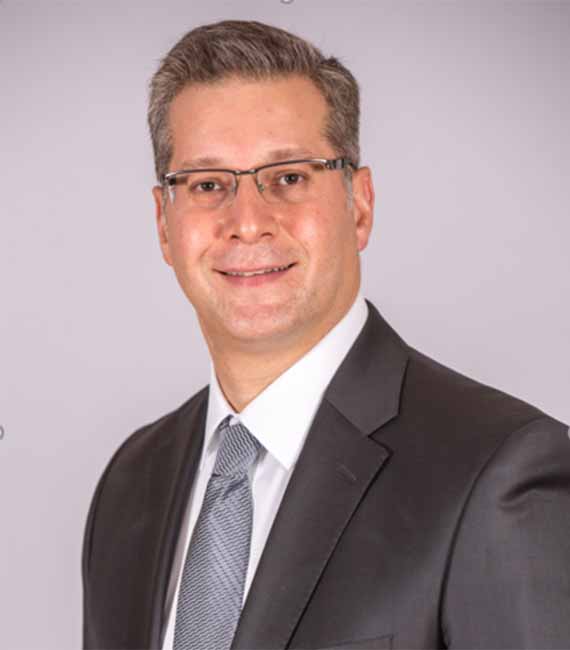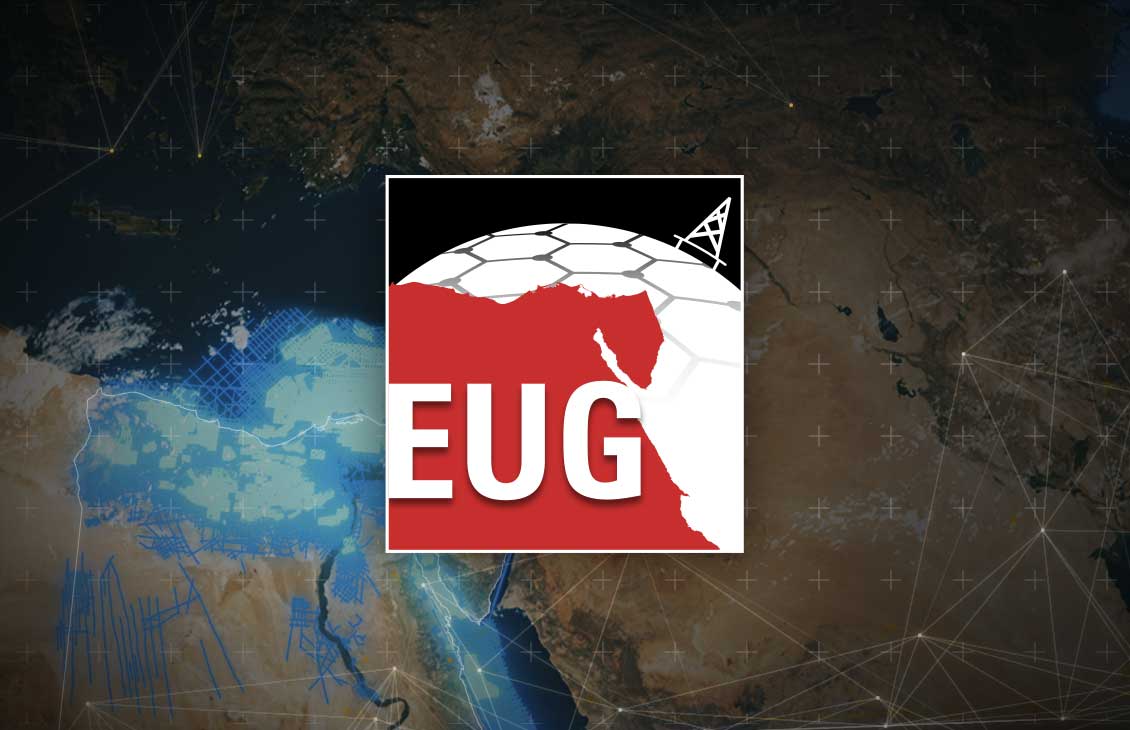Accelerating Energy Discovery and Investment Growth in Egypt
Published: 03/24/2021

Accelerating Energy Discovery and Investment Growth in Egypt
Published: 03/24/2021

The Egyptian government has a strategic plan for modernizing its petroleum sector. For several years, the country has been working toward becoming more agile, integrated, and efficient while laying the groundwork to become a strategic energy hub for the region. To this end, the Ministry of Petroleum & Mineral Resources is working with Schlumberger on an innovative national digitalization project aimed at unlocking the potential of Egypt’s energy sector and promoting the country’s exploration and production potential worldwide. The result of this collaboration is the recently launched Egyptian Upstream Gateway (EUG), an industry-first platform that digitally showcases national assets to investors worldwide and leverages the latest digital technology and solutions to accelerate discovery throughout the country.
In this interview, Karim Badawi, Schlumberger’s managing director for Egypt and East Mediterranean, tells us more about this unique project and its significance for Egypt and exploration and development in the region.
What is the EUG, and what does it represent for Egypt?
The EUG is an industry-first platform that will promote Egypt’s exploration and production potential worldwide. It encompasses an extensive library of Egypt’s national onshore and offshore seismic, non-seismic, well log, production, and additional subsurface data.
Representing a significant step in the digital modernization of core processes in our industry, the EUG accelerates the path toward Egypt’s ambitions. The launch of the EUG provides the government with the freedom to manage its natural resources, promote investment in exploration and production, streamline interactions across its oil and gas sector, and manage investor compliance for reserves development—seamlessly in a single platform.
Why will the EUG and digitalization enhance Egypt’s energy sector?
Today’s energy industry is digital. Egypt has fully embraced this idea, which is evident through its modernization project and the EUG project. Each of these initiatives will support Egypt’s goal of being the regional industry leader and further support the country’s goal to leverage its strategic geographical location to be the regional industry hub.
At Schlumberger, we are excited to partner with the Egyptian Ministry of Petroleum on its digitalization journey. We feel well-positioned to support Egypt’s modernization program given our ability to provide digital solutions that deliver the needed performance leap.
What is the significance of the EUG, and why is the timing ideal for this project?
Schlumberger has a long-standing history in Egypt. For more than 80 years, we have been a local, trusted partner for Egypt’s oil and gas industry, helping our customers develop the energy that moves lives forward. Over the past eight decades, we have leveraged our deep reservoir domain expertise and broad technology portfolio to respond to the geoscience, engineering, and operational challenges found in Egypt’s energy sector.
In today’s environment, we face a more competitive landscape and new challenges that require us to be more agile and resilient. Egypt’s leadership has already set its energy sector on a new course to meet these challenges, which is laid out in its modernization plan and is focused on continuously unlocking the sector’s full value chain potential as a growth and sustainable development engine for Egypt. This is complementary to the vision of Schlumberger, which is to define and drive high performance sustainably.
The launch of the EUG is a defining step for the country’s energy sector and a unique and innovative national project that significantly enhances the traditional National Data Repository (NDR) solution by digitalizing all the subsurface information and making data available anytime, anywhere, securely.
What distinguishes the EUG from traditional National Data Repository models?
Vast amounts of subsurface information are included in NDRs across the globe. The data must be accessed at physical locations and is often challenging to find if stored in different areas of one facility or across multiple facilities. It can also be challenging to use the data once it is located because it can be in different formats or require multiple software to run various datasets. The EUG eliminates these inefficiencies, securely providing digital access to data via an online portal, making it available anytime and anywhere. The data is displayed to users in the context of a regional map, so it is easy to find, and as new data is added or existing data is enhanced with new processing technologies, it is instantly updated to all the platform’s users. This ensures the data is kept evergreen, meaning everyone always has access to the same data.
With abundant subsurface information easily accessible, the EUG has become the vehicle for Egypt’s bid-round processes. The EUG is currently hosting Egypt’s 2021 digital bid round, providing national and international investors with an array of information on the available lease blocks. The current round, which ends on August 1, includes nine blocks in the Mediterranean Sea, 12 in the Western Desert, and three in the Gulf of Suez.
Now that the EUG has launched, what’s next on the horizon?
The EUG, which is a subscription-as-a-service offering, provides several levels of access for members. Some of the available answer products for members include access to new and reprocessed datasets that are continuously updated; live production information; details about upcoming bid rounds; and available data packages. Depending on the level of access, members can trade data and access joint ventures.
Current asset holders will now have faster access to data and reduced cycle-time through evergreening. The platform also offers opportunities for portfolio expansion through trading.
International investors will have digital access to regional insights and can order legacy and evergreened data instantly online. This minimizes the risk in decision-making and maximizes investment potential.
So, in summary, by providing instant access to the most up-to-date and relevant data, as well as potential business opportunities, the EUG can help operators de-risk investment decisions, improve subsurface models, and accelerate energy discovery.
One of the most exciting things about the EUG is that it is flexible and can evolve with Egypt’s energy needs. We are continuously evaluating opportunities to improve the platform and tailor it to the customer’s preferences.


